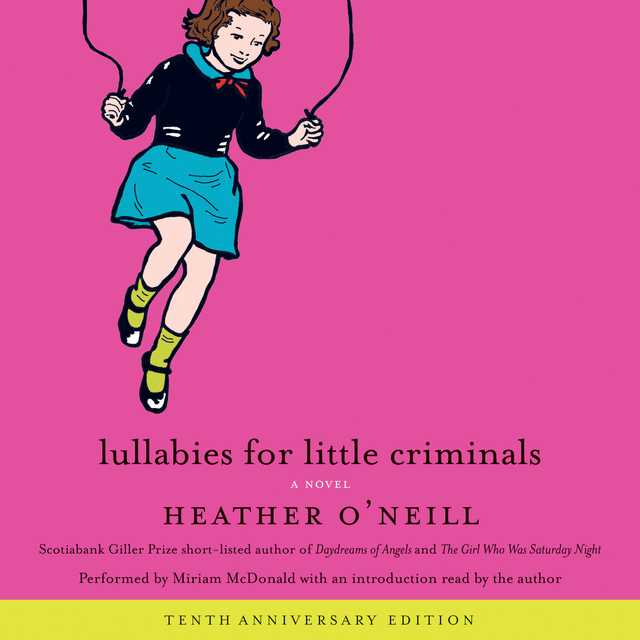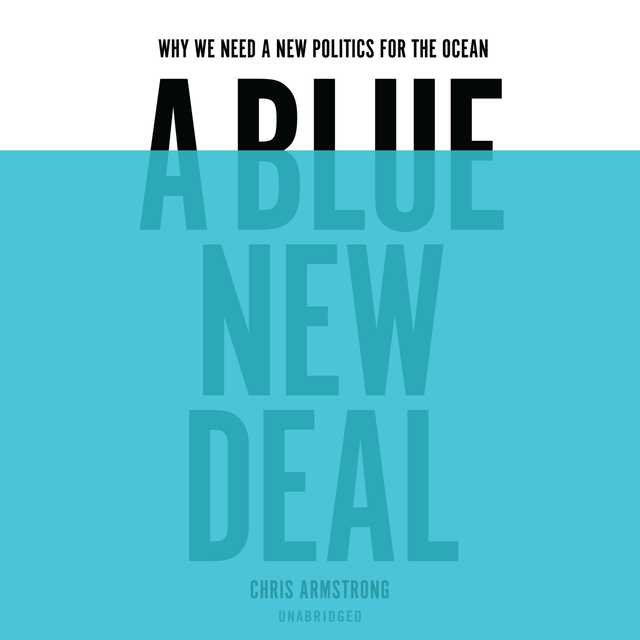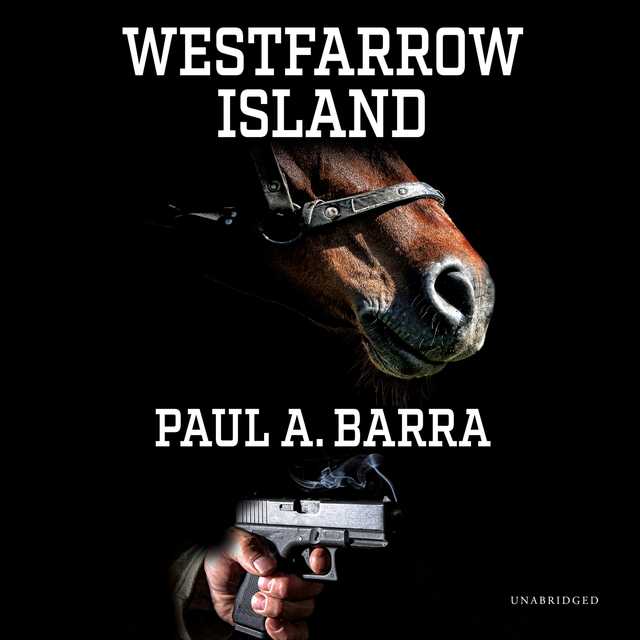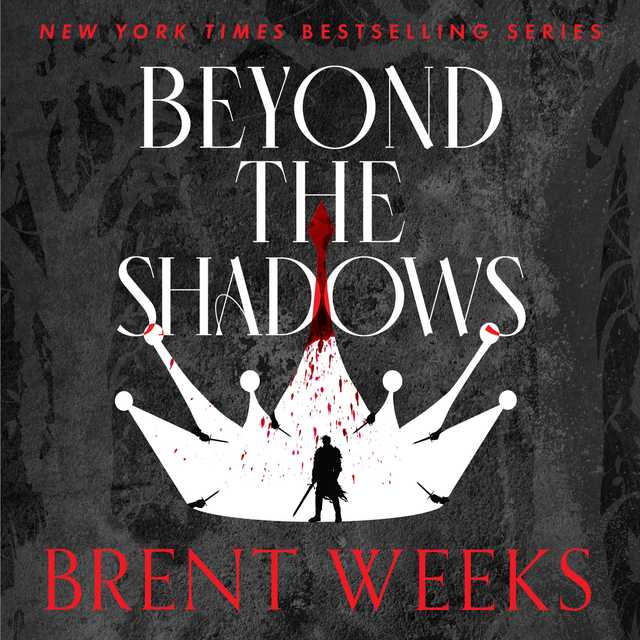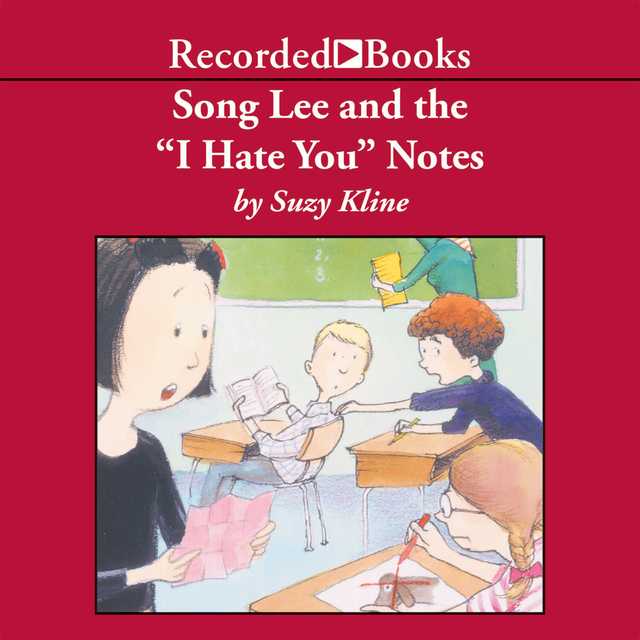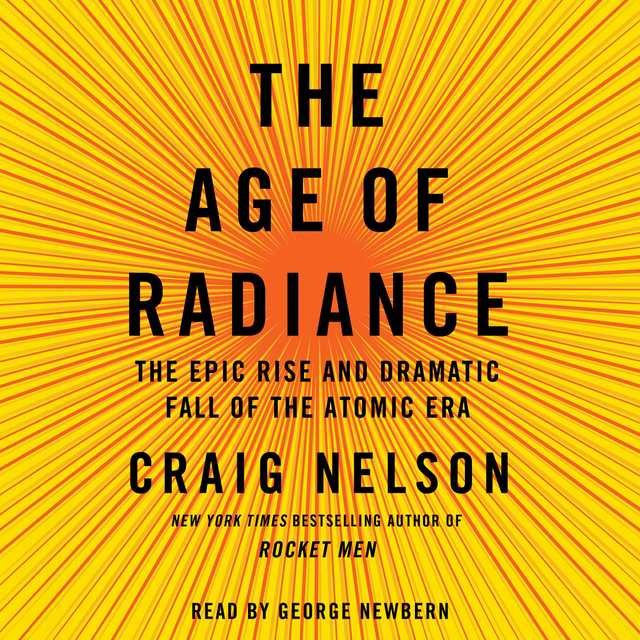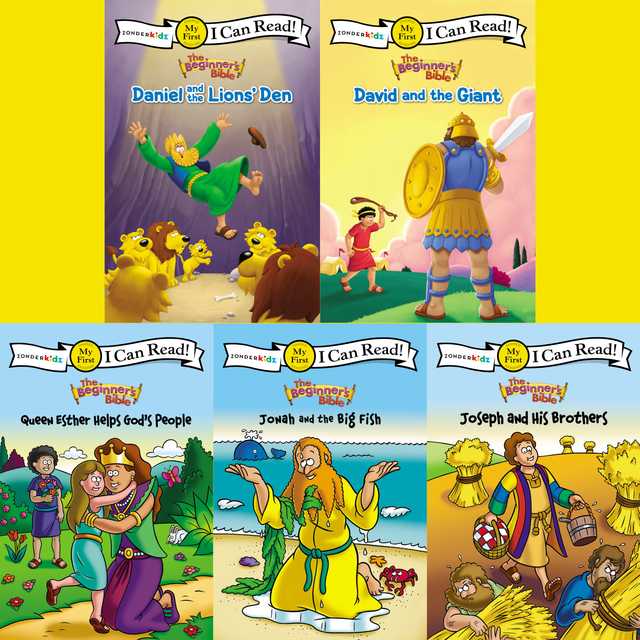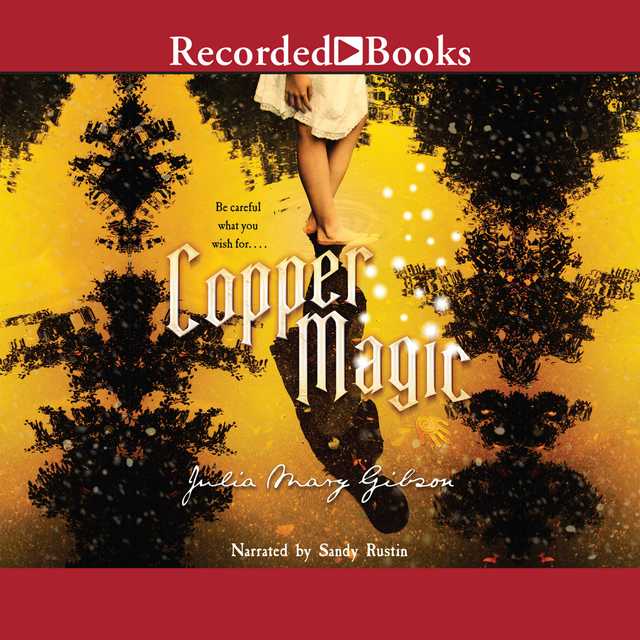Lullabies for Little Criminals Audiobook Summary
A new deluxe edition of the international bestseller by Heather O’Neill, the Giller-shortlisted author of Daydreams of Angels and The Girl Who Was Saturday Night, featuring an original foreword from the author, to celebrate the tenth anniversary of the coming-of-age story that People describes as “a vivid portrait of life on skid row.”
Baby, all of thirteen years old, is lost in the gangly, coltish moment between childhood and the strange pulls and temptations of the adult world. Her mother is dead; her father, Jules, is scarcely more than a child himself and is always on the lookout for his next score. Baby knows that “chocolate milk” is Jules’ slang for heroin and sees a lot more of that in her house than the real article. But she takes vivid delight in the scrappy bits of happiness and beauty that find their way to her, and moves through the threat of the streets as if she’s been choreographed in a dance.
Soon, though, a hazard emerges that is bigger than even her hard-won survival skills can handle. Alphonse, the local pimp, has his eye on her for his new girl; he wants her body and soul–and what the johns don’t take he covets for himself. At the same time, a tender and naively passionate friendship unfolds with a boy from her class at school, who has no notion of the dark claims on her–which even her father, lost on the nod, cannot totally ignore. Jules consigns her to a stint in juvie hall, and for the moment this perceived betrayal preserves Baby from terrible harm–but after that, her salvation has to be her own invention.
Channeling the artlessly affecting voice of her thirteen-year-old heroine with extraordinary accuracy and power, Heather O’Neill’s heartbreaking and wholly original debut novel blew readers away when it was first published ten years ago. Now in a new deluxe package it is sure to capture its next decade of readers as Baby picks her pathway along the edge of the abyss to arrive at a place of redemption, and of love.
Other Top Audiobooks
Lullabies for Little Criminals Audiobook Narrator
Miriam McDonald is the narrator of Lullabies for Little Criminals audiobook that was written by Heather O’Neill
About the Author(s) of Lullabies for Little Criminals
Heather O’Neill is the author of Lullabies for Little Criminals
More From the Same
- Author : Heather O’Neill
- The Girl Who Was Saturday Night
- The Lonely Hearts Hotel
- When We Lost Our Heads
- Daydreams of Angels
- Publisher : HarperAudio
- Abraham
- American Gods [TV Tie-In]
- Dead Ringer
- House of Sand and Fog
- Prey
Lullabies for Little Criminals Full Details
| Narrator | Miriam McDonald |
| Length | 9 hours 2 minutes |
| Author | Heather O’Neill |
| Category | |
| Publisher | HarperAudio |
| Release date | April 26, 2016 |
| ISBN | 9780062571465 |
Subjects
The publisher of the Lullabies for Little Criminals is HarperAudio. includes the following subjects: The BISAC Subject Code is Coming of Age, Fiction
Additional info
The publisher of the Lullabies for Little Criminals is HarperAudio. The imprint is HarperAudio. It is supplied by HarperAudio. The ISBN-13 is 9780062571465.
Global Availability
This book is only available in the United States.
Goodreads Reviews
karen
July 11, 2018
don't make your books look like chick lit if you want people to read 'em.more free advice from me.but it's true - not all of us have a sarah montambo in our lives to tell us, "no, this is really very good." because it is. and this is not just me groping all the canadian books in the corner of the dancefloor, this book is a sparkly little gem.at the beginning, it reminded me a lot of weetzie bat. it is a similarly glossy-slick storytelling style, but this one is about a girl with a loving junkie single dad who treats her like a peer (and since he is only 15 years older than her, he's not far off) and they breeze from apartment to apartment in montreal in a daze where there are no consequences and everything will be okay, even if they have no money and there are dangers on the streets and foster homes.but it doesn't stay rosy.this one is not teen fiction, but she captures the young teenage character so well, in both thoughts and actions. even though baby is exposed to so much that is unsavory, she is still a little kid with a kid's energy, freaking out pimps with her sudden dancing and yelling, trashing a house and not stealing the jewelry (because of her own kid-logic) but stealing a cute turtle knickknack, avoiding bathing...it's like what greg is always saying when he talks about lolita; that lo is totally gross, the way a little kid is, playing with her gum and being dirty and smelly, and it's not like in the movie at all, or in most may-december films. kids are rarely sexually precocious, even when they are imitating behaviors they have seen or been taught. the gross will always out. and i loved that about this book; the moments of kid-grossery that would pop out unexpectedly. in the back of the book, where harpercollins slaps all those readers' guides and interviews, there is this wonderful passage in her "making of" feature:the inability to properly identify danger exists throughout the book. whereas children can be terrified by a puppet of a crocodile or a photograph of a shark in a national geographic magazine, they are unable to get it through their heads to look both ways when they cross the street or that there are strangers that you cannot talk to....when i was eleven, i used to have a friend whose older brother was a junkie. he and his friends were the coolest kids in the neighborhood. some high points in my childhood were when drug addicts would flip out and come out of their apartments in their underwear with cats on their heads. we kids would dance around them, shouting and laughing with our hands up in the air. i wanted to capture this nonjudgmental attitude a lot of lower-class kids have to drugs. i also wanted to portray the relationships these same kids have with seedy adults. children believe the lies that adults tell them and are dutifully impressed. lowlifes are fantastical creatures who animate the world of children, and, in turn, lowlifes love children who are their most captive and adoring audience.that's what i was trying to say, about the things i liked about this book. but she is a writer, so she said it much much better.this book was written five years ago. i am ready for a follow-up, please!!edit - yayyy!!! i finally got my second book. thanks for listening, heather o'neill!come to my blog!
Kim
September 06, 2009
Damn. This book just about broke my heart. It wormed its way in and split me three ways---three different identities rubbernecking in the lives of Jules and Baby. The story is seen through the eyes of Baby, a 12 yr old who lives with her Dad in Montreal. Her Mom died when she was one and Jules, well… bless him, but he’s not the most responsible guy on the planet. Jules is the first rip in my identity crisis: He is still a child himself, having had Baby at 15 and deciding to take her out of the backwoods of Canada to the gritty side of Montreal. He’s a junkie with get-rich-quick dreams and an undiagnosed mental illness. I love Jules. I can’t help it. I know too many people like this, I’ve been where he is. I know, intimately, what he’s going through. He’s still a kid but loves his daughter enough that he keeps trying to pull it together to keep her with him. Baby’s love for Jules is unconditional. He is her best friend and they watch out for each other only as fucked up kids can. As I was walking home, I spotted Jules on the street corner. He was craning his neck all over the place, looking around for someone. He started gesticulating in a way that made it seem as if he was having an imaginary argument in his head. He kept putting his hand, palm up, in front of him, as if he was asking the universe, “What? What? What?” His hat was down over his eyes, and when I called out his name he had to tilt his head way up to get a look at me. I knew it wasn’t me that he had been looking for, but when he saw me, he shouted out happily anyhow.”So, Jules and Baby go from crappy apartment to crappy apartment living off what Jules can sell from the garbage he collects and soup kitchen handouts. Baby is aware that she is different from other kids but instead of this depressing her, she feels special. She feels that her life is much more exciting and since she has nothing, then she’s better off than the kids that do and end up wanting more. Pretty astute for such a young kid. Baby’s definitely an old soul. Here is the next rip: Baby. I think back to being 12 and there is no way that I can even compare her life to mine. I had the suburban white girl upbringing. Baby befriends pimps and junkies and moves to foster homes and detention centers when her Dad is not well enough to take care of her. But, she does all of this with the strongest will. She is amazing. I can’t say that enough. Her insights are beautiful:Suddenly I realized that I wanted everything to be as it was when I was younger. When you’re young enough, you don’t know that you live in a cheap lousy apartment. A cracked chair is nothing other than a chair. A dandelion growing out of crack in the sidewalk outside your front door is a garden. You could believe that a song your parent was singing in the evening was the most tragic opera in the world. It never occurs to you when you are very young to need something other than what your parents have to offer you.Me? I wanted to make sure that my new painter’s cap matched my ten speed. Baby endures so much in such a short time. And I know that I’m talking like Baby is real and that this is true, so I know that I need to credit the writing. I can feel the seedy alleys off St. Catherine Street. I can smell the wood smoke coming out of the pimp’s dreads. I am there with Baby the first time she shoots heroin or loses her virginity. It’s all so real and the writing is still fairy tale like in its delivery. ”Come here, Baby,” she said. She threw her cigarette into the grass and spread her arms to me. “I want to give you a hug. You don’t get enough hugs, I can see that. I’ll give you one of my special teddy bear hugs.”I stepped closer to her to receive my hug and get it over with. She squeezed my cheeks and smelled my hair. She put my head between her two palms. Then she pulled my whole body to her and hugged me. I waited for her to let go of me, but she didn’t. At first I thought I was going to die of claustrophobia, but then I noticed that she smelled like cocoa butter. I liked her smell. It reminded me of postcards and pictures of brown palm trees…. Then I decided to just enjoy it. She had fat arms, the type of arms that held sailors and soldiers and thieves. The kind of arms that held someone who was going away to jail for ten years. They were the arms of a woman who had eaten a hundred delicious cakes and pastries to get them this comfortable. I wrapped my arms around her and squeezed her tighter. I wanted to feel every part of my body touched by her. We stood like that, just hugging, for a long while.Normally, I would skim a hug scene like this, but I was right there, smelling cocoa butter and seeing sailors. I love this book. The final rip was the one that broke me. This was the Mom in me. The need to take Baby and to shelter her even though she’d probably fight me (and herself) at every curve. To ward off the fiends that are waiting so eagerly to corrupt. I felt for Jules and his fight to stay sober and his fear for Baby. I felt for every one of the street kids that Baby encounters until I was spent. I gave too much. I had to follow Baby’s advice:You see only the beautiful things when you stand still. You only see things that you don’t ordinarily notice. The birds are the prettiest things, I imagine. What happened to the Halcyon days of youth?
Kara
February 07, 2017
Second Review: January 26, 2016Wow, did I ever write more concise reviews in 2008!In that spirit, I don’t have much to add after this second reading. I’m teaching this to my Grade 12 English class of adult Aboriginal learners. We spend a lot of time reading texts by/about Indigenous people and issues, such as Indian Horse . I wanted to expose them to a slice of Canadian identity (Francophone culture) they haven’t encountered before. In doing so, we can compare that experience to the experience of Indigenous identities, and we can talk about stereotypes. As many of my students have experience with the issues in this book, it also helps them identify with the characters’ struggles. I’m pleased with how hooked they are on the book. (We haven’t finished reading it in class yet!)What did I pay attention to this time? Baby’s yearning for a mother figure feels much more pronounced.I also appreciate how, even though O’Neill writes Baby’s narration with a precocious vocabulary, she makes it clear that Baby’s emotional maturity is far behind her intellectual maturity. Baby is an academically advanced person, but she can still be as petulant and childish as any twelve-year-old.Whereas in my first reading I was captivated by the characters, this time I also paid attention to the way the system fails both Baby and Jules. In the past seven years I’ve come to understand how systemic problems, and lack of privilege, affect individuals and manoeuvre them into situations that give them few good options. That is very much the case here, as we see when Baby goes to a correctional facility for little more than having the temerity to experiment with drugs and have a negligent parent.Once again, the juxtaposition between Baby’s relationship with Alphonse and her budding attraction to Xavier broke my heart. I wanted to cry as her facade of normalcy shattered around her and Xavier learned who she was. Lullabies for Little Criminals reminds us, over and over, of how we judge and are judged by others, and how these judgements influence us.Definitely a powerful novel, one which is not diminished on subsequent readings.First Review: July 30, 2008About two hundred pages into the book, I suddenly realized that this story was breaking my heart.It's sneaky. You don't know you're getting attached to Baby, the main character, until it's too late. You don't realize you're emotionally invested in her, that you want to see her make the right decisions that lift her out of the morally ambiguous streets and propel her to a successful, happy life. So when events push her into doing the opposite, it's terrible.The theme that resonates with me most is that childhood is the most precious innocence we have. Baby makes several philosophical remarks about childhood, how society encourages us to grow up too fast--and the fact that we can't go back afterward. We're stuck as adults. As an 18-year-old, I've reached the legal age for adulthood. I'm venturing into that scary world of responsibility; no one treats me as a child anymore. I have the advantage of never experiencing Baby's hardships, yet I still feel confused at times. Everyone probably does, which is why this book captures your heart.Baby has no mother, and her father is not much of a father figure. She is a person of remarkable natural integrity and morals nonetheless, but as the book progresses, these morals get twisted further and further out of focus as she tries to deal with growing up while her father slips further away from reality. She goes through several phases of friendship, attempting to fit in at school, hanging out with other kids at a community centre, hanging out with a more dangerous social misfit than her, her first boyfriend ... and being seduced by a pimp.It was the contrast of those last two relationships that broke my heart. Baby, fast approaching the nadir of her pre-adolescent life, succumbs to the advances of the neighbourhood pimp. You think, "Okay, this can't get any worse. Yeah, she's with a pimp, but she'll get out of it. She'll find a way out." Then she meets a boy her age and falls for him, and suddenly it is that much worse. Baby is torn between two worlds, two different lifestyles. She tries to push each away in turn, but both stick to her and try to claim her.The ending is open. It does not neatly wrap up Baby's life in an epilogue, tell us that she went on to live happily-ever after. If it had, that would cheat the book of its significance. I won't spoil it, but I will say it is positive.Trying to do the right thing is hard enough when you know what "the right thing" is. When you don't even know that, and you're a thirteen-year-old girl without the advice of a parent to guide her, life is much, much harder.
Gabrielle
October 23, 2020
"A child's mind is like a bird trapped in an attic, looking for any crack of the light to fly out of. Children are given vivid imaginations as defense mechanisms, as they usually don't have much means for escape."Heather O'Neill, you are a magnificent gutter angel and I love you with all my heart. How can the story of a modern day street urchin, born to teenage parents and raised by a junky in the squalor of Montreal's red light district be so luminous?Drawing inspiration from Dickens, Sarah Water, Angela Carter and Anaïs Nin, O'Neill tells the story of Baby, and there is never so much as a hint of self-pity in her character’s voice. I think this is because she understands very deeply that, for children, the world seems magical when you grow up, regardless of what your world is made up of, and that the veneer is progressively rubbed off in the process of growing up. It is only in hindsight that some of our parents’ eccentricities or bad behavior becomes a problem: in the moment, we didn’t have the adult mind to think of them as unusual ("It never occurs to you when you are very young to need something other than what your parents have to offer you.").I hated Jules for the damage he inflicted on Baby, but I also felt deeply sad for him: having a child when you are a child is not easy in the best of circumstances, and his circumstances were terrible to begin with. It is heartbreaking that he takes care of his kid better when he’s on drugs than he does when he’s sober, and no matter what he does or say, he does love her. He just has no idea how to take care of himself, let alone his daughter.The tragedy of children with unreliable parents is that they are forced to become very resourceful to survive, but that resourcefulness is often misdirected because they completely lack guidance. Some of the things that happen to Baby and some of her terrible decisions are a bit predictable, granted: but these are the patterns that would feel normal for someone raised as she was, by someone who never bothered hiding his addiction or petty crimes – someone who’s logic is still upsettingly child-like. You want to tell her to stop as you hold the book, but how could she? Obviously, Alphonse will make her feel loved and safe for a while, but he is ultimately even worse than Jules because his “love” for Baby is predatory and exploitative.I always have a soft spot for writers (often local) who write about my city: O’Neill clearly adores Montreal, and even when she describes its seediest alleys, you can feel in her writing that she thinks those alleys are beautiful. Wandering around those alleys was one of my favorite ways to waste summer afternoons away, and alas, the pandemic stole that pleasure away from me this year. I can’t wait to be able to go back and see the graffitis, the wild flowers and the clothe-lines.I can't lie: I prefer O'Neill's later work ("Lonely Hearts Hotel" (https://www.goodreads.com/review/show...) remains my favorite so far, but she's young, she can write a bunch more!), but I can see why this created such hype when it came out. For a debut novel, this is a tender, raw and beautifully written stunner of a novel with plenty of enchanting sentenses that stick to your heart like bubblegum. A tragic but nevertheless hopeful story of growing up on the worse side of the tracks. 4 and a half stars rounded up.
Baba
March 19, 2021
O'Neill's Orange Prize shortlisted gem. Lullabies tells the story of about 15 months in the life of a 12 year old girl, called Baby(!), who's sole parent is a young Heroin addict, living in the Red Light district of Montreal. What O'Neill manages to do is capture the cold dark but oft amazing world from the view point of a prepubescent girl without the insight of adulthood or any real parenting direction. It is a stand out book solely for its completely original take on the sleaze and squalor of such a dismal urban arena and also the way it quantifies the decadence, abuse, misery etc. in the lives of an addict from the often wondrous viewpoint of a child, without being patronising to the reader. 8 out of 12.
Tatiana
March 02, 2017
This book made me sick to both my heart and stomach. But it has to be said, Heather O'Neill writes about the most gruesome experiences in poverty and crime with remarkable affection. It's a very interesting perspective that she, after having lived in circumstances similar to Baby's, has such a fond, nostalgic view of her past.
Betsy
March 30, 2017
There is nothing like a well-written novel about growing up with a certifiably insane parent. I think there should be a new subgenre of literary novel/Bildungsroman called “family psychosis,” and I would put this book near the top of the list as one that is really well done.Told from an adult perspective, looking back at herself as a 12-year-old, first-person protagonist Baby intrepidly follows her drug-addicted father around Montreal as he gets clean but becomes increasingly paranoid. She bounces from him to a foster home to other caretakers. And what gives this book an authenticity that will be recognized and applauded by anyone who grew up in an insane family is her dealing with it as if it is normal. Because for her, it is. Also, the required responsibility of the young protagonist takes it into the realm of adult fiction (as opposed to young adult, which usually bores me).Here are some other recently read books I’ve appreciated in the literary novel/Bildungsroman/family psychosis subgenre. They are all very different from each other; when written well, these books convey unique voices—perhaps because the material inherently requires the expression of experiences of life negotiation invented by a character with only herself for reference: The Absolutely True Diary of a Part-Time Indian by Sherman Alexie The Vegetarian by Han Kang Body & Soul by Frank Conroy Reasons She Goes to the Woods Deborah Kay Davies Eggshells by Caitriona LallyIn the well-written books in this genre (and probably this is true of all really well-written books), there are no fads or trends, and nobody is mimicking a voice that's not their own.
lucky little cat
March 13, 2019
Baileys Prize for Women's Fiction Nominee, 2008 She makes a wish or two on the moon.Ultimately uplifting account of scrappy teenager Baby and her too-young father Julian, a sometimes-recovering heroin addict. The two are barely scraping by in 1980s Montreal when we meet them, and things get much, much worse before there's even a glimmer of hope. But Baby is blessed with good sense and good storytelling insight, so her first-person account is frequently poetic and always revelatory. Children, Baby regularly reminds us, have almost no power. She uses the vestiges of power left to her creatively and fiercely.TW: (view spoiler)[homelessness, foster system, bullying, domestic abuse, drug addiction, alcoholism, child abuse, child neglect, child molestation, child prostitution, detox, juvenile detention, overdose. (hide spoiler)]["br"]>["br"]>["br"]>["br"]>["br"]>["br"]>["br"]>["br"]>["br"]>
Allison
January 08, 2019
Man, Heather O'Neill can write! This was a reread for me and just as impactful as the first time. I also read The Lonely Hearts Hotel recently. Same flavour, different meal. Both miserable childhood stories with an unforgettable positive perspective, weirdly. I loved both books.
Barbara
July 24, 2018
5 stars - what? a perfect novel?! No, not technically perfect, but man this one spoke to me. Characters, place, prose, all sucked me in an had me riveted start to finish. She portrays that age (12-13) just so true to life (at least for me). That bizarre time between childhood and adulthood and both the strengths and vulnerabilities of kids growing up in a tough situation. I like a good weird book so this was a treasure for me for sure.
Cym
November 19, 2022
A heartbreaking account of a young girl's life growing up impoverished in Montreal. Baby grows up with her single father who abuses heroin which always causes chaos in their life together. Baby eventually gets involved with a pimp and does sex work while with him. This book opened my eyes but in no way surprised me... I am well aware that young girls are trafficked for sex work all the time but it was interesting (and sad sad sad) to see it from the POV of the young girl. I so wanted for Baby to end up with Xavier and was disappointed when she didn't - thank GOD she didn't end up with Alphonse though either. I am also aware that some youth start shooting up quite young but it surprised me she had a whole kit lol. Not good that she (appears to) reuse(s) her rigs though because that is a quick way to contract a blood-borne illness. That is a large harm associated with IDU.I appreciate how O'Neill showed the joy in Baby's life despite the harsh conditions surrounding her. She is intelligent, quick to see the good in a situation, full of resolve, and hard to scare. I really liked this book and think it is an important narration on the lives of youth in our current society.
Shannon
July 28, 2008
Baby (that's her real name) is eleven going on twelve. Her mother is dead, her father, Jules, has raised her alone in Montreal. He's only 26, and more of a child than she is. He's also a heroin addict, a "loser" as Baby is well aware. They constantly move apartments, often to escape people Jules owes money to, and wear clothes often pilfered from the lost and found boxes.Baby is smart, though. She does well at school, except for the times when she was younger when she followed Jules advice. But Jules gets tuberculosis, and the medication makes him crazy. Two months at a rehabilitation centre makes him distant and their close relationship is destroyed. Her own experience in a juvenile detention centre has a profound impact on her. The indifferent social workers assigned to her don't help. It's when Jules locks her out that she's forced to look after herself, and with no friends or relatives there's only one person she can turn to. Soon she's caught up in the world of Alphonse, a local pimp, and made to turn tricks - i.e. sleep with men for money, all of which she gives to Alphonse.I loved Baby's voice, her frankness, her honesty, her street-smarts and her yearning. I wanted her to do well soooo badly, my heart ached for her when she dropped out of school. The tone of the novel, despite its somewhat melancholic theme, could have been dark and depressing but is light and airy, thanks to Baby and her way of seeing her world. It introduces you to a side of Montreal you don't really see when you visit (I've only been there once), and explores the lives of the poor children who often have to look after their own parents, and whose value systems differ drastically from what is considered 'normal'. Highly recommended.
Elena
July 21, 2022
LULLABIES FOR LITTLE CRIMINALS (2006) is the story of a 12-year-old girl named Baby. Baby and Jules, her father, live in Montreal’s red-light district. Jules is 15 years older than Baby, he is a heroin addict and he suffers from tuberculosis. Her mother, aged 16, died in a car crash when she was a baby. Baby's prospects in life are truly grim. The whole novel is narrated from Baby's childish perspective. She is smart, precocious, pretty and she is desperate for her father’s love and companionship. When Jules begins rehab Baby enters the foster-care system for a period. She finds some form of stability there. Then, when she returns "home" she finds Jules is a changed man. Baby has also changed. Jules doesn't see her as an adorable, cute little girl anymore. They still live in poverty, in seedy hotels, but the sense of fun and adventure is over. They become increasingly destitute, Jules returns to his addiction and they fight a lot. Jules sent her out to juvenile detention for a spell, accusing her of prostitution, and when she returns, the nasty rows continue. Eventually he throws her out. Baby has nowhere to go so she moves in with a pimp who makes her work as a prostitute to support their heroin addiction. She's barely 15 years old.LULLABIES FOR LITTLE CRIMINALS is an unsettling debut novel, even more so because the author mentions that part of the sordid material of Baby's life came from her own experience. Baby's narrating voice is as troubling as unforgettable, as is Heather O'Neill's representation of the lives of destitute children as they struggle to survive in spite of harrowing circumstances.
Most Popular Audiobooks
Frequently asked questions
Listening to audiobooks not only easy, it is also very convenient. You can listen to audiobooks on almost every device. From your laptop to your smart phone or even a smart speaker like Apple HomePod or even Alexa. Here’s how you can get started listening to audiobooks.
- 1. Download your favorite audiobook app such as Speechify.
- 2. Sign up for an account.
- 3. Browse the library for the best audiobooks and select the first one for free
- 4. Download the audiobook file to your device
- 5. Open the Speechify audiobook app and select the audiobook you want to listen to.
- 6. Adjust the playback speed and other settings to your preference.
- 7. Press play and enjoy!
While you can listen to the bestsellers on almost any device, and preferences may vary, generally smart phones are offer the most convenience factor. You could be working out, grocery shopping, or even watching your dog in the dog park on a Saturday morning.
However, most audiobook apps work across multiple devices so you can pick up that riveting new Stephen King book you started at the dog park, back on your laptop when you get back home.
Speechify is one of the best apps for audiobooks. The pricing structure is the most competitive in the market and the app is easy to use. It features the best sellers and award winning authors. Listen to your favorite books or discover new ones and listen to real voice actors read to you. Getting started is easy, the first book is free.
Research showcasing the brain health benefits of reading on a regular basis is wide-ranging and undeniable. However, research comparing the benefits of reading vs listening is much more sparse. According to professor of psychology and author Dr. Kristen Willeumier, though, there is good reason to believe that the reading experience provided by audiobooks offers many of the same brain benefits as reading a physical book.
Audiobooks are recordings of books that are read aloud by a professional voice actor. The recordings are typically available for purchase and download in digital formats such as MP3, WMA, or AAC. They can also be streamed from online services like Speechify, Audible, AppleBooks, or Spotify.
You simply download the app onto your smart phone, create your account, and in Speechify, you can choose your first book, from our vast library of best-sellers and classics, to read for free.
Audiobooks, like real books can add up over time. Here’s where you can listen to audiobooks for free. Speechify let’s you read your first best seller for free. Apart from that, we have a vast selection of free audiobooks that you can enjoy. Get the same rich experience no matter if the book was free or not.
It depends. Yes, there are free audiobooks and paid audiobooks. Speechify offers a blend of both!
It varies. The easiest way depends on a few things. The app and service you use, which device, and platform. Speechify is the easiest way to listen to audiobooks. Downloading the app is quick. It is not a large app and does not eat up space on your iPhone or Android device.
Listening to audiobooks on your smart phone, with Speechify, is the easiest way to listen to audiobooks.

